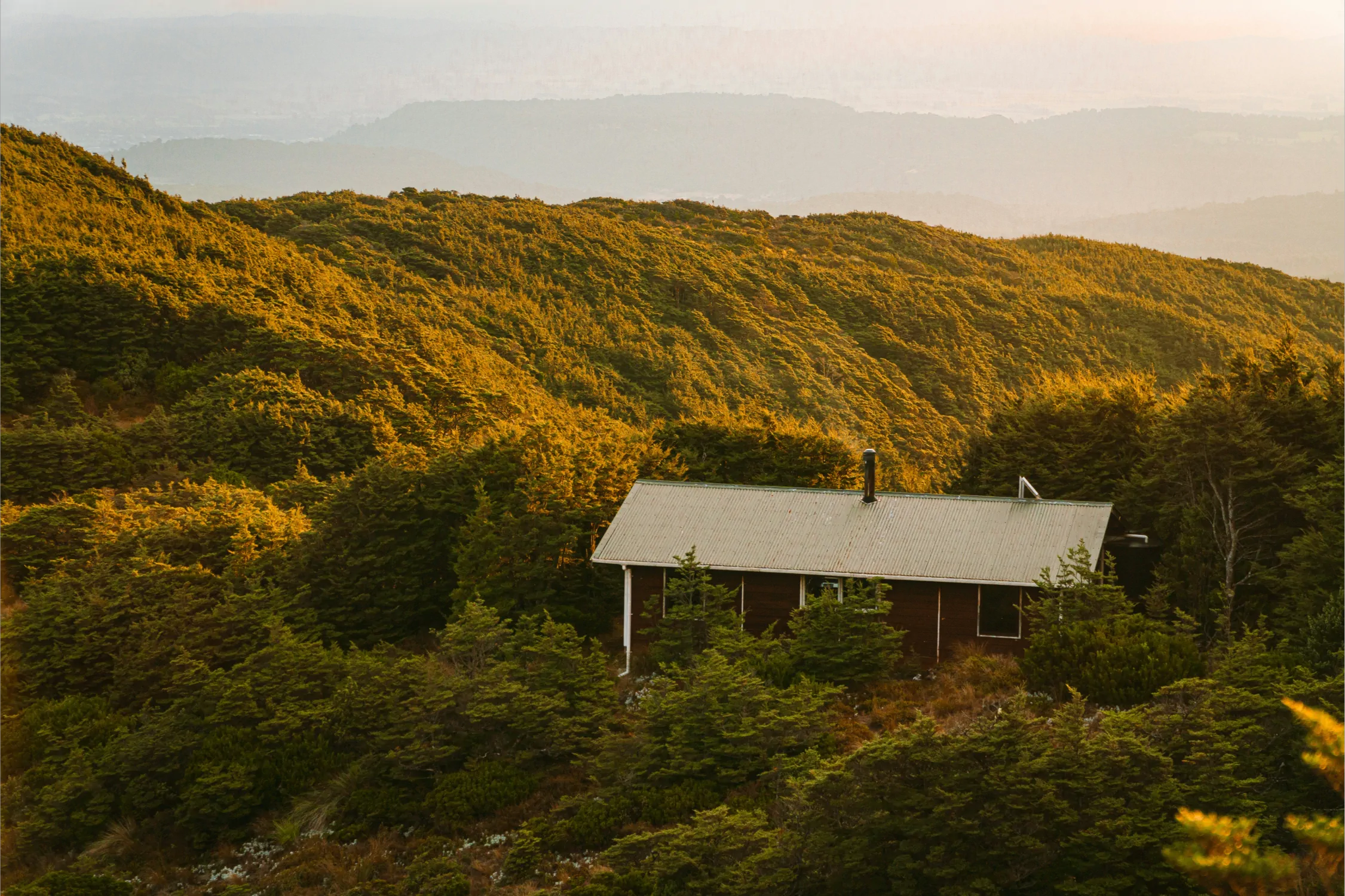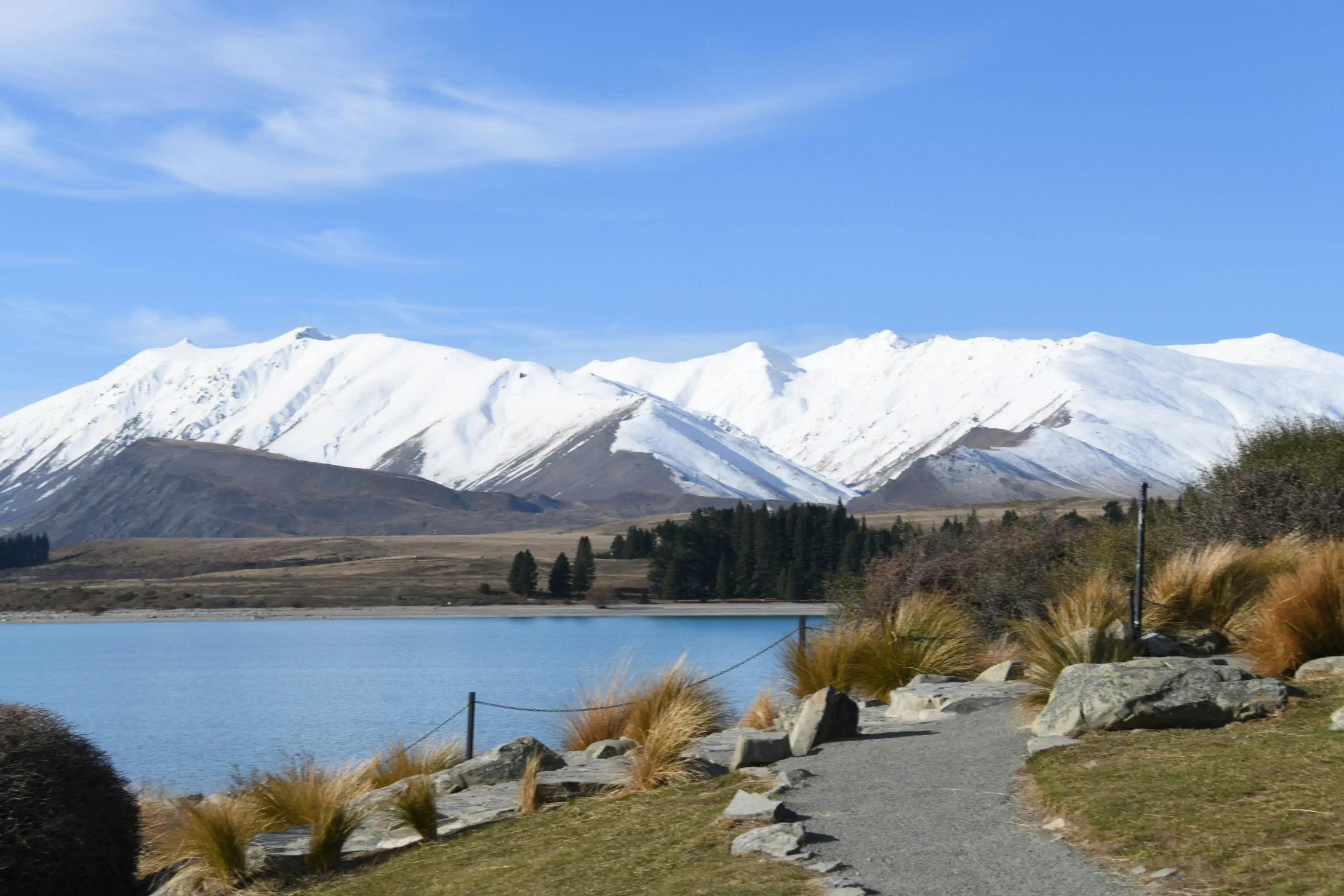DOC Campsites and Huts, Reservations, Fees, and Etiquette
Decode the Department of Conservation booking system, fees, and hut etiquette so you always arrive prepared and respectful.

What DOC manages
The Department of Conservation (DOC) oversees 320+ campsites and around 950 huts across Aotearoa, from Great Walk lodges to backcountry bivvies. Within KiwiCamping you can search the full DOC database, check alerts, and open official web pages when needed.
DOC also manages track maintenance, hut passes, and seasonal closures. Before heading into the backcountry, review avalanche advisories and track status updates inside the app. Pair this guide with our weather and seasonality article to time your trip.
Campsite categories and fees
DOC campsites fall into tiers such as Basic (free), Standard (typically ~$10–$20 per adult), and Serviced/Scenic (often ~$20–$28 per adult; some sites higher). KiwiCamping listings display current adult/child rates and note when bookings are required.
Frequent campers can consider the DOC Campsite Pass (various durations). Not all campgrounds are covered, and Great Walk sites are excluded. Check details before purchase.
Popular sites like Punakaiki Beach Camp or Kinloch Campsite accept online bookings. Remote Basic camps such as Lake Stream Campsite remain first-come, first-served. Carry cash for honesty boxes where applicable.
Many scenic and serviced camps include DOC-managed dump stations. Use our dump station guide to plan waste disposal without leaving the park network.
Huts categories, tickets, booking seasons
DOC huts range from free Bivvies to premium Great Walk lodges. KiwiCamping labels each with the official category, required tickets or passes, and booking windows. For example, Routeburn Falls Hut opens bookings in May for the November–April Great Walk season, while Angelus Hut uses the general online booking system year-round.
Backcountry Hut Passes cover most standard huts but not Great Walks. Purchase passes online, at DOC visitor centres, or via select i-SITEs. Save your pass number in KiwiCamping trip notes so wardens can verify it quickly.
Legal notes on camping outside sites
Outside official campsites and huts, camping on conservation land is treated as freedom camping and subject to location-specific rules. Do not camp beside a hut unless a campsite is designated. Always follow DOC signage and management plans for the area.
Shoulder seasons often use a “first in, first served” model even on popular tracks. Always check alerts before leaving. Storms or slips can close huts temporarily.
Hut etiquette and occupancy tips
Carry out all rubbish, sweep before you leave, and leave wet gear outside bunks. Arrive early to secure bunks on non-bookable nights and pack earplugs for communal rooms. If you reach capacity, be prepared to camp outside in a tent. DOC expects travellers to carry a backup shelter.
Use LPG sparingly and share cooking benches during peak hours. Respect quiet hours (usually 9pm–6am) and keep devices on silent. If your crew runs late, notify the hut warden via DOC or KiwiCamping contact details.
Pair this etiquette with our tramping packing list so you have headlamps, hut tickets, and emergency options ready.

DOC huts FAQ
- When do Great Walk bookings open?
- DOC announces dates in April or May each year. KiwiCamping sends push alerts and updates each hut listing once bookings go live.
- Do I need cash for DOC honesty boxes?
- Basic and standard camps may use honesty boxes. Carry small notes or purchase hut tickets in advance. KiwiCamping highlights payment methods on each listing.
- Can I stay in a hut without a reservation?
- Only if the hut is non-bookable or in off-peak periods where DOC allows first-come stays. Always have a tent as backup.
Related reading: Best camping apps ↗ · Holiday park booking guide ↗ · Seasonality and weather guide ↗